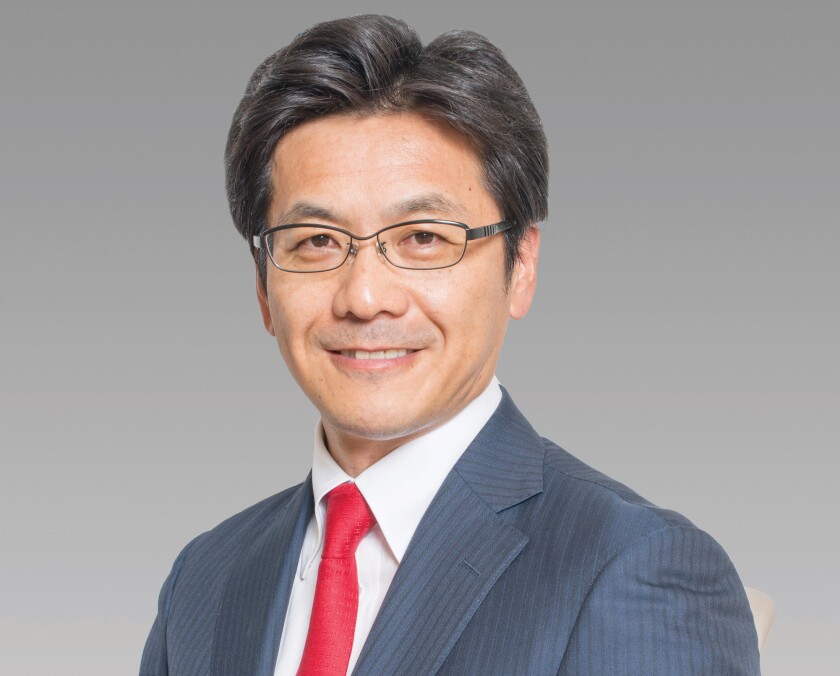Welcome to the latest instalment of Managing IP’s ‘Five minutes with’ series, where we learn more about IP lawyers on a personal as well as a professional level. This time we have Hiroyuki Hagiwara, partner at Paul Hastings in Tokyo.
Someone asks you at a party what you do for a living. What do you say?
I am a lawyer licensed in New York, Texas, and the USPTO. My specialisation lies in the field of IP, particularly in high-tech and pharmaceutical-related matters. This includes dealing with integrated circuit chips, computers and their components, smartphones, and prescription drugs. Most of my matters have international or cross-border components which, I think, add an extra level of excitement to my work.
Talk us through a typical working day.
I am based in Tokyo and work with clients in Japan, the US, and Europe. The majority of my teammates are located in the US, so my workday starts early in the morning. The first thing I do is check my work emails and texts. I respond to anything urgent or that requires immediate attention, and then I take a moment to enjoy a cup of coffee and walk to the office. I typically have a bunch of calls and meetings in the morning with my teammates, and then more in the afternoon with clients. Alongside these meetings, I spend time reviewing and drafting legal briefs, expert reports, and other court documents.
To maintain a balanced lifestyle, I go to yoga practice a few days a week. On a busy day, I have a few more calls in the evening.
What are you working on at the moment?
We have an appeal of inter partes review petitions which our team dominantly succeeded on, and we were able to stay US District Court proceedings while the appeal is pending.
Additionally, we have a couple of out-licensing matters for international electronics clients. These matters involve licensing hundreds of electronics and nanotechnology patents. On matters such as these, I collaborate closely with the patent teams of our clients, as well as with outside experts and my teammates across the world. This collaborative approach makes the work incredibly interesting and engaging. We are also assisting a client to divest some of the assets from their large portfolio of IP.
Does one big piece of work usually take priority or are you juggling multiple things?
Typically, I am juggling multiple client matters simultaneously. Matters go through life cycles, and typically at any given moment some are more active while others are quieter. Of course, sometimes everything gets busy at once!
What is the most exciting aspect of your role and what is the most stressful?
The most exciting aspect of my role is counselling clients directly on their critical matters and devising strategies tailored to achieving their goals. We then execute these strategies alongside our clients, collaborating with witnesses and judges. I think a key challenge, as for all businesses, is ensuring the stability and continued growth of our practice through adverse economic cycles or macroeconomic and geopolitical events.
Tell us the key characteristics that make a successful IP lawyer/practitioner.
Expertise and judgment.
What is the most common misconception about IP?
That IP owners are satisfied once their patents are issued or trademarks are registered. While that can be the case, it is important that IP owners have a clear strategy, action plan, internal team, and budget to effectively utilise, monetise and enforce their rights. Without proper enforcement, these assets may become a negative cash flow component on the balance sheet.
What or who inspires you?
People with forward-looking, positive attitudes.
If you weren’t in IP, what would you be doing?
I can’t imagine a situation where I was not immersed in the world of IP. I decided to pursue a career in IP when I was 21, after extensive self-reflection and outward research. I have loved it ever since.
Any advice you would give your younger self?
Stay positive and keep at it.










